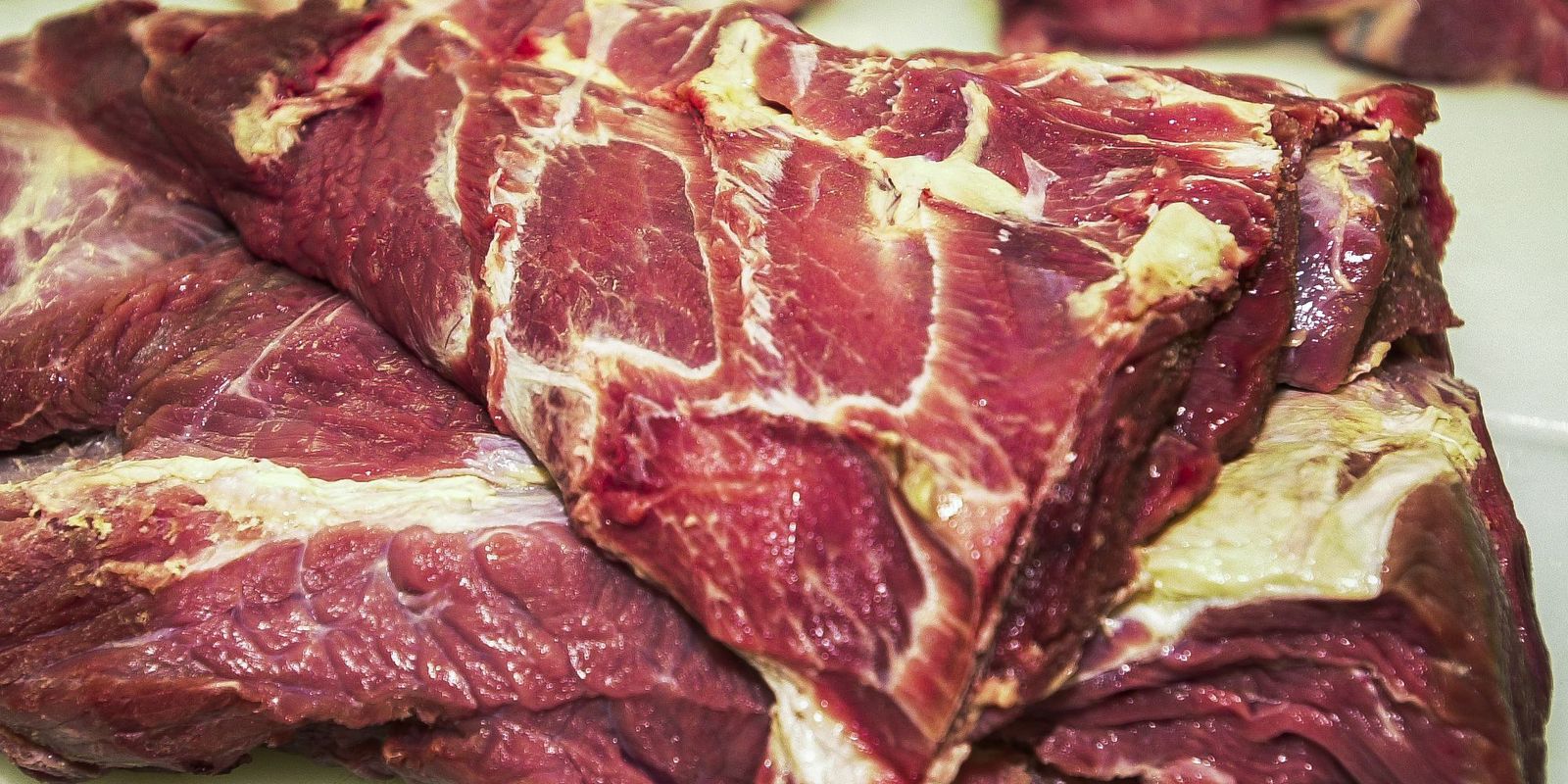The Ministry of Foreign Affairs informed, this Friday (7), that Russia ended the embargo on Brazilian beef. The restrictions had been imposed on March 1 after a “atypical and isolated” case of bovine spongiform encephalopathy, known as mad cow disease, in Pará.
“The announcement, in addition to the recent reopening of the Philippine market, achieved on March 28, and the reopening of other marketsrepresents the full normalization of trade in the product with Russia,” said the Itamaraty.
According to a statement from the folder, unlike the classic form of the disease, the atypical form occurs naturally and spontaneously in the cattle herd, does not pose a risk to public health and does not justify import restrictions, according to guidelines from the World Organization for Animal Health (WHOA). To date, Brazil has not recorded classic cases of mad cow.
Even so, due to the case, Russia suspended the import of beef from animals over 30 months old from Pará.
“The Ministry of Foreign Affairs, through its network of embassies, together with the agricultural attaches of the Ministry of Agriculture and Livestock in strategic countries, has continued to act since the occurrence of the case of bovine spongiform encephalopathy to avoid undue closing of markets”, informed the folder.
In 2022, beef exports to Russia totaled around US$ 165 million, equivalent to 24 thousand tons of the product. The Philippines is the sixth destination for beef exports from Brazil, reaching US$ 275 million in 2022 (61 thousand tons).
The disease
Caused by a prion, a protein molecule without a genetic code, bovine spongiform encephalopathy is a degenerative disease. The modified proteins consume the animal’s brain, making it comparable to a sponge. In addition to oxen and cows, the disease affects buffaloes, sheep and goats.
Ingestion of meat and animal by-products contaminated with prions causes transmissible spongiform encephalopathy in humans. In the late 1990s, there was an outbreak of cases of mad cow disease in humans in Great Britain, which caused the consumption of beef to be suspended in the country for several months. At the time, the disease was transmitted to humans through cattle fed contaminated animal feed.















